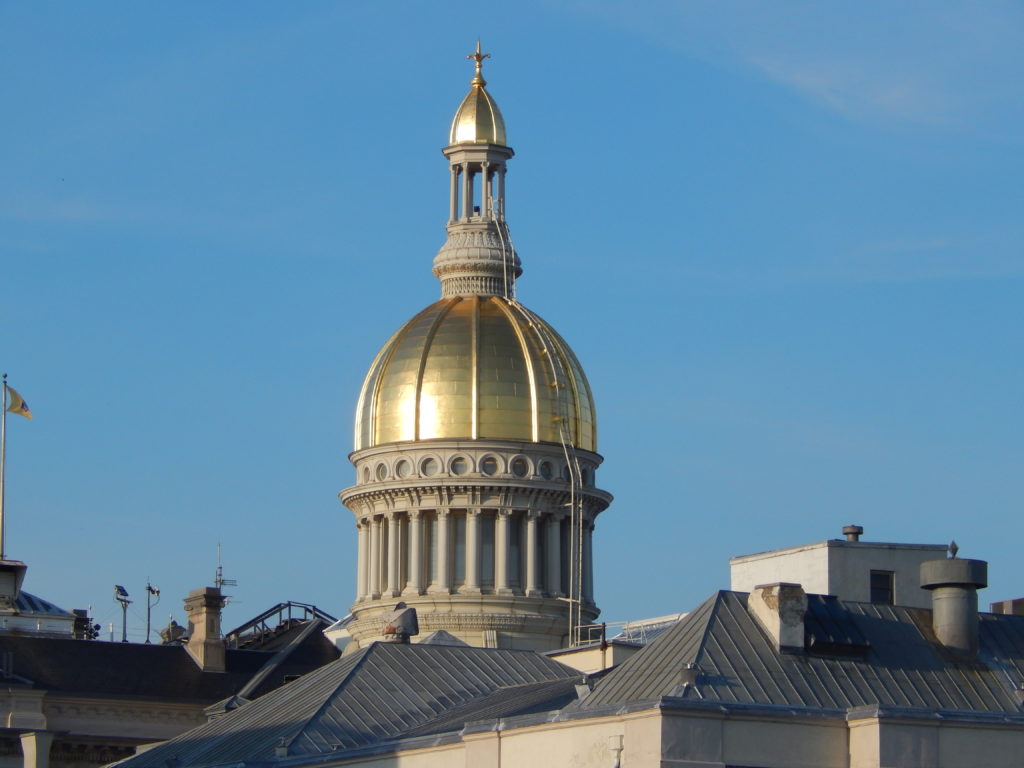The Best Reform for the Campaign Finance System is Strengthening Political Parties

It seems both sides of the issue of how to properly finance campaigns are fiddling around the edges rather than seeking truly meaningful reform.
Congressional Republicans are pushing several revisions in campaign finance law by attaching riders to a spending bill. At the same time, progressive groups are advocating Democratic legislation that would use public financing to try to involve more small donors in federal elections.
While all these proposals may be well-intentioned, the best change would be to simply strengthen the political party system.
One big change being sought in Washington DC, would allow 501(c)(3) charitable non-profits to endorse candidates without losing their tax-exempt status.
Termed the religious rider, it would enable churches and other non-profit charities to support or oppose candidates. Under the 1954 Johnson Amendment, these non-profits are banned from doing so. President Trump vowed to end this ban during last year’s election.
Another rider would allow corporate employees to donate to as many trade association political action committees (PACs) as desired. Current law limits employee solicitations from their corporate employer to one group per year.
In addition, the riders would extend the existing prohibition on the Internal Revenue Service (IRS) and Securities Exchange Commission from adopting regulations that would impact the political activities of 501(c)(4) groups and publicly traded corporations, respectively.
A further rider would prevent the federal government from requiring public contractors from disclosing their donors.
On the other side of the spectrum, Democracy 21 and Brennan Center for Justice have endorsed federal legislation sponsored by Democrats to try to reduce the amount of money in politics.
Its plan to counter special interest influence involves a public financing scheme that would encourage small donor financing in presidential campaigns.
Drawing directly from a long-time public financing program in New York City, the plan would provide $6 in public funds for each $1 in private funds up to $250. So $250 in private contributions would provide the candidate with $1,500 in public funds- a total of $1,750 per election.
Candidates would be allowed to accept more than $250 in private contributions but the additional money would not be matched. They could raise a total of just $1,000 per election from private sources. Non-participants in the voluntary program could continue to accept checks up to the current federal limit on private contributions, which is $2,700 per election.
According to the Center, its plan would “magnify the role of average voters in an election.”
Minus a debate on the merits of one approach or the other, both have in common one unfortunate consequence – they would likely further expand the influence of independent special interest groups in the electoral process.
Independent groups, many of which operate anonymously, tend to run more negative ads than candidates. More spending by independent groups likely means more attack ads and more secret spending.
Each one of the proposed federal riders would greatly increase the already outsized spending by special interest groups in the process. None would enhance disclosure. In fact, the provision allowing charitable groups to take part in campaigns would lead to even more secret money in politics since charities do not disclose their donors.
The Democratic proposal, on the other hand, would indirectly incentivize independent special interest organizations to increase their participation in the campaigns to help offset the contribution limits imposed by the new program.
While seeking to accomplish the unachievable goal of reducing money in politics, it would increase the amount of money in politics by prompting more independent spending.
The best path to reform is to redirect the flow of money away from independent groups back to political parties and candidates, which are more accountable and operate more transparently.
That can be done through changes in the law.
The growth in independent spending began in earnest as the result of the Bipartisan Campaign Reform Act (BCRA) in 2002, otherwise known as McCain/Feingold. By ending unlimited “soft money” contributions to national political parties, McCain/Feingold redirected the flow of money toward independent groups.
This trend was then facilitated by Citizens United v. FEC ruling in 2010.
By changing the law and again permitting national parties to accept unlimited soft money- or at least letting them accept much larger “hard money” contributions- the spicket would tighten on independent groups.
Raising the limit on federal accounts at the state party level would help as well as allowing parties to coordinate with their candidates. All of these measures would greatly offset the growing influence of independent groups and bring more accountability to the process.
In New Jersey, the Election Law Enforcement Commission (ELEC) has put forth proposals to strengthen political parties and offset independent money in the process. Both political parties have introduced legislation that incorporates many of these recommendations.
ELEC has recommended that political parties be exempt from the pay-to-play law, that the contribution limit on donations to parties be raised, that county parties be allowed to contribute to each other, that the political parties be allowed to contribute to gubernatorial candidates, and that special interest PACs be included under the pay-to-play law.
ELEC has also recommended that public contractors disclose their contributions to 501(c)(4) and 527 groups, and that independent groups more fully disclose their contributions and expenditures.
These changes would bring more accountability to the electoral process in New Jersey and diminish the influence of independent groups.
Jeff Brindle is the Executive Director of the New Jersey Election Law Enforcement Commission.
The opinions presented here are his own and not necessarily those of the Commission.










Leave a Reply